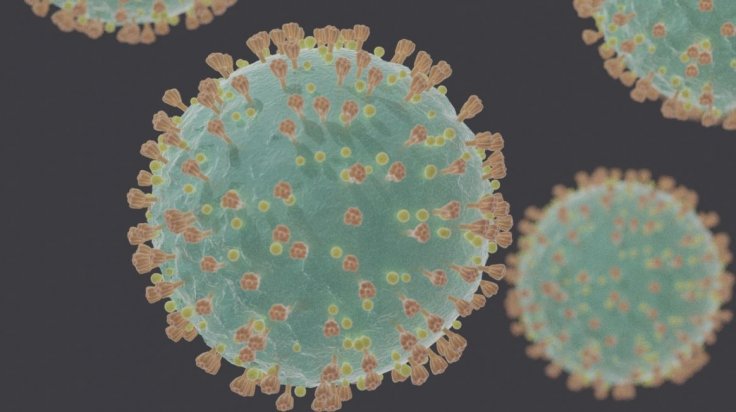As the COVID-19 pandemic wrecks havoc in over 170 countries, the examination of the infected and deceased have shown that the disease can cause severe damage to the respiratory system. However, a new study suggests that the disease could also be causing acute cardiovascular damage in patients.
The study by researchers from The University of Texas Health Science Center at Houston (UTHealth) claims that the infection can lead to fatal outcomes not only in patients with pre-existing cardiovascular diseases but also those without them.
Suggesting that cardiovascular complications can affect patients indiscriminately, Mohammad Madjid, lead author of the study, said in a statement, "Overall, injury to heart muscle can happen in any patient with or without heart disease, but the risk is higher in those who already have heart disease."

Knowledge about heart damage less known
It is a common knowledge among experts that illnesses such as COVID-19, that are caused by viruses, can potentially lead to severe lung damage and even casualty in extreme cases. However, the extent of the effect of the diseases on the cardiovascular health of the infected has been less explored.
In the study, the authors illustrated that the data from research on earlier coronavirus and influenza epidemics provide the basis to imply that these viral infections can cause arrhythmias, severe coronary syndromes, and the onset of, or worsening of heart failure. Building on the findings of studies conducted on COVID-19 cases, the authors highlight what is now an accepted convention—patients over the age of 65 who suffer from hypertension and other cardiovascular conditions are at a larger risk.

According to the researchers, critical cases of COVID-19 are those that were characterised by septic shock, respiratory failure, or multiple organ failure or dysfunction that caused death. "It is reasonable to expect that significant cardiovascular complications linked to COVID-19 will occur in severe symptomatic patients because of the high inflammatory response associated with this illness," said Madjid
SARS and MERS lead to heart complications
The researchers draw attention to two other coronaviruses infections in the past two decades. Severe Acute Respiratory Syndrome Coronavirus (SARS-CoV) that caused SARS, was first discovered in Southern China in February 2002. As the pandemic tapered down towards the end of 2003, over 8,000 cases and nearly 800 deaths across 29 countries were recorded. Middle East Respiratory Syndrome (MERS-CoV) was first identified in Saudi Arabia in 2012. Over 850 deaths and nearly 2,500 cases have been confirmed in 26 countries as of 2019.

Falling back on data available on the two pandemics, the authors point out that it provides sufficient evidence to posit that these diseases led to cardiovascular complications such as myocardial infarction and acute coronary syndrome. They also trace the similarities between the symptoms of the diseases and their mode of action.
Urge people to look at vaccination options
Upfront, the authors establish that there is no cure for the disease as of now. Several researches are being carried out to find the ideal treatment options, and develop vaccines and zero in on suitable anti-virals to combat the disease.
However, the authors urged individuals to look into the option of being vaccinated against influenza and pneumonia in consultation with their physicians. They opined that while the vaccines may be unable to provide protection from COVID-19 particularly, they can aid in the prevention of concurrent infections that may develop along with the coronavirus infection.









